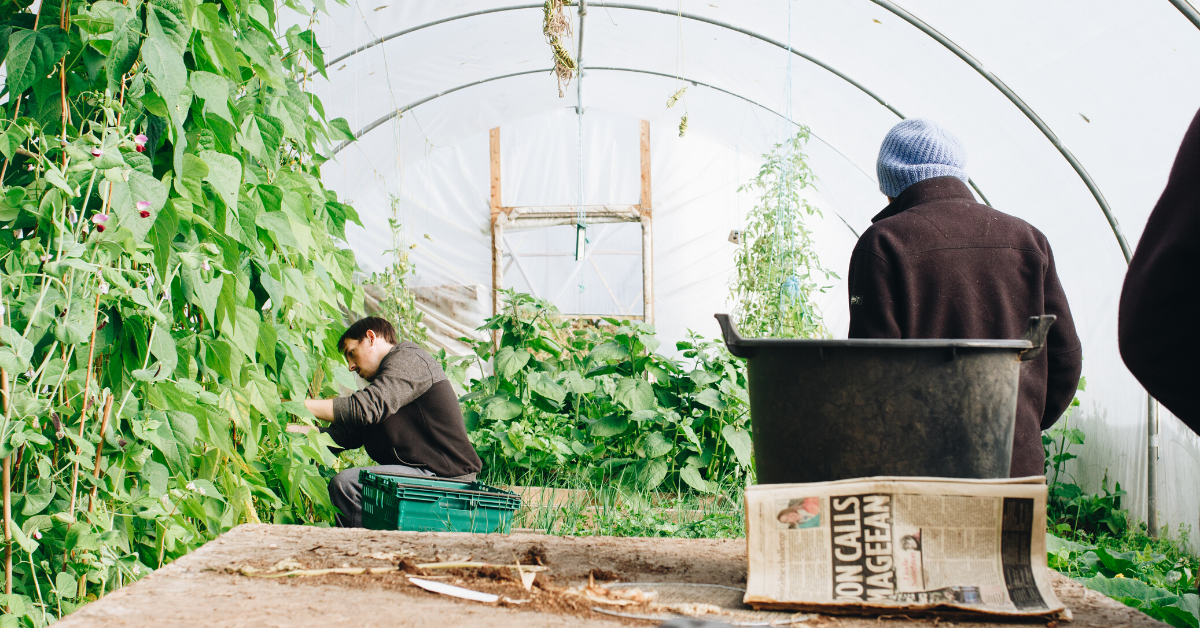
WHAg Window – giving a view from our perspective…..
The Agriculture Bill currently moving through Parliament is supposed to lead to a new farm support scheme based on the idea of paying “public money for public goods”.
This approach will replace the EU’s Common Agriculture Policy where farmers’ income is supported by the taxpayer – in some cases up to 60% of farm income.
Health though isn’t included and neither, as thing stand, are whole farm and organic systems – at least not in England.
Scotland and Wales get it but not England
Possibly farming for health is too difficult an idea for policy makers and officials to grasp at the moment, but the fact that organic farms are excellent at delivering “non-market goods and services” such as biodiversity, soil protection, flood protection, habitats and landscape is well established, so why is this not being recognised?
It’s not even a novel idea. Organic farming has benefited from its own distinct arrangements in all the farm support schemes, in all parts of the UK, since the middle of the 1990s. The organic option under the most recent scheme (Countryside Stewardship) is generally recognised as a success.
All the indications are that Scotland and Wales will have organic payment schemes which will encompass a whole farm approach but in England, Defra seems, at the moment, to be perversely set against the idea.
The whole farm system approach optimises public goods delivery
WHAg is a member of the English Organic Forum (EOF) which has been trying to get the government to include an organic and whole farm component in the scheme. To date, the efforts have been made behind the scenes but such is our mounting concern that we “went public” with a press release on the back of a National Trust report on the success of its in-house managed organic farm on the Wimpole Estate.
Commenting on the commercial and environmental success there, EOF chair, Christopher Stopes said that the story of Wimpole highlighted that it is the “whole system approach which brings production, ecology and environment together in a way which optimises food production alongside the delivery of public goods.”
At the present Defra’s Environmental Land Management Scheme (ELMS), the chosen vehicle for the new payment scheme, is built on three tiers with tier 1 focussing on production balanced by “public goods” delivered through a menu of individual techniques which farmers can take up as they choose. These have limited relationships to each other and do not form any coherent whole.
Bypassing whole farm health
As Stopes says, “The whole farm system approach is critical and we are deeply concerned that this is being overlooked by Defra.”
At WHAg we are keenly aware that it is not just organic farmers who follow a whole health approach to farming. Farmers who use conventional inputs do this too. The key thing is to manage the farm as a coherent, whole system. Experience over the years has shown that this is the best way of achieving health.
Unless Defra changes tack, what has been called a “once in a generation chance” to change how we farm is going to bypass supporting whole farm health – at least in England.

